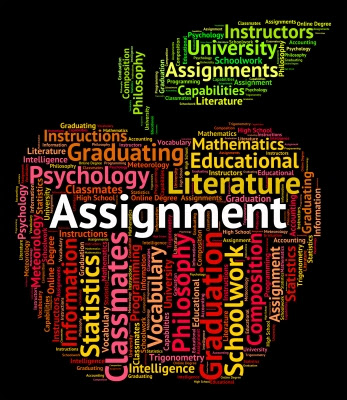 |
| Photo: FreeDigitalPhotos.net |
Elementary school teachers would be forgiven for blaming their teacher preparation programs for not adequately equipping them to lay the foundations of academic achievement for their young charges.
According to the latest National Council on Teacher Quality (NCTQ) rating of 875 of the nation’s undergraduate programs that prepare elementary school teachers, only 5 percent require teacher candidates to take sufficient courses in literature, science and history/social studies.
The subject of math is an apt example: Only 13 percent of programs require coverage of topics deemed critical by mathematicians.
“Elementary school education is foundational, and if you want to understand how important elementary math is, look no further than today’s PISA scores,” said Kate Walsh, NCTQ’s president, referring to new figures from the Organization for Economic Cooperation and Development’s Program for International Student Assessment.
“If we’re trying to figure out why kids are performing so badly in mathematics,” Walsh added, “there’s no subject more reliant on foundational skills from kindergarten on up. Yet we’re looking at what programs do in math and they’re all over the map; they do not expect elementary school teachers to master topics found in the elementary curriculum.”
The same can be said about science, history and literature. Though 83 percent of surveyed teacher preparation programs require a course in composition, only half require at least two courses in literature and composition, a paltry amount for such wide-ranging subjects. Just three in five require a course in early or modern American history and only 12 percent require courses in at least two science topics.
It’s hard to imagine why anyone would want the people with the least amount of subject-area knowledge tasked with giving students a foundation in core content areas, but it’s actually rational.
Read more...
Source: LubbockOnline.com










